Welcome to the ECCVID Fireplace Sessions!
The ECCVID Fireplace Sessions are 1-hour sessions designed as private meetings between a keynote speaker, two moderators and a selected number of participants. The final aim is to enable an informal discussion and promote exchange between an established leader and young professionals. Indeed, ESCMID strongly believes that the interaction between key opinion leaders in the field of Coronavirus infections and early career attendees of ECCVID is of great importance in promoting the knowledge of these new viral diseases. Because of the intimate nature of these sessions, pre-booking is required to be able to attend. The pre-registration period is now closed. However, you can have access to the audio/video recording of the sessions by following the link displayed at the end of each Fireplace Session’s description.
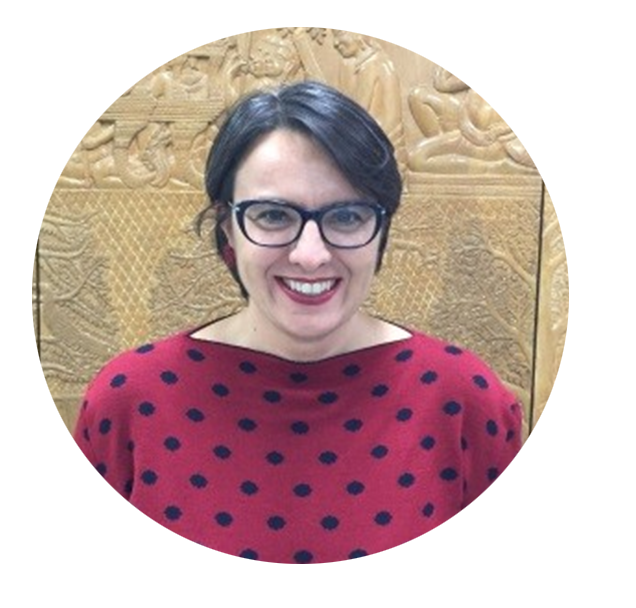
Benedetta Allegranzi, Switzerland (24 September 2020, 11:30 – 12:30)
Benedetta Allegranzi is Adjoint Professor at the Global Health Institute and at the Infection Control Programme, Faculty of Medicine, University of Geneva. From 1994 to 2006, she worked as infectious diseases and infection control specialist and assistant professor at the University of Verona, Italy, as well as in Burundi, Malaysia and some other countries. She now works at WHO HQ since 2006, as the technical lead of the work on infection prevention and control (IPC), with a focus on prevention of healthcare-associated infections, antimicrobial resistance and outbreak response, especially in low-resource settings. Since February 2020 she co-leads the IPC pillar of the WHO response to the COVID-19 pandemic. With her team, she has provided technical support to many countries in all continents and led the development of many new global IPC guidelines and implementation strategies and documents, two global campaigns on injection safety and hand hygiene (in 182 countries). Author or co-author of over 170 scientific publications and more than 20 book chapters.
Access to the audio/video recording

Andrea Ammon, Sweden (23 September 2020, 11:15 – 12:15)
Andrea Ammon, MD, MPH, was appointed Director of ECDC in June 2017. From April 2011 to April 2015, Andrea Ammon was Deputy to the Director and Head of Unit for Resource Management and Coordination. From May 2015, she was ECDC’s Acting Director. Dr Ammon joined ECDC as the Head of the Surveillance Unit in 2005. The unit was responsible for developing The European Surveillance System (TESSy), implementing a long-term surveillance strategy for the European Union (EU), evaluating the Dedicated Surveillance Networks (DSN), performing step-by-step transfer of DSN activities to ECDC, revising the EU case definitions and producing an Annual Epidemiological Report on infectious diseases in the EU. Prior to joining the ECDC, Dr Ammon served in several roles at the Robert Koch-Institute, in Berlin, Germany, most recently as Head of Department for Infectious Disease Epidemiology. In this capacity, she maintained and further developed the German national surveillance system; coordinated the national outbreak response team for current and emerging infections; coordinated emergency planning for influenza; directed the national Field Epidemiology Training Programme; coordinated epidemiological research programmes in infectious diseases and provided scientific advice for government Ministries, Members of Parliament, and the public.
Access to the audio/video recording
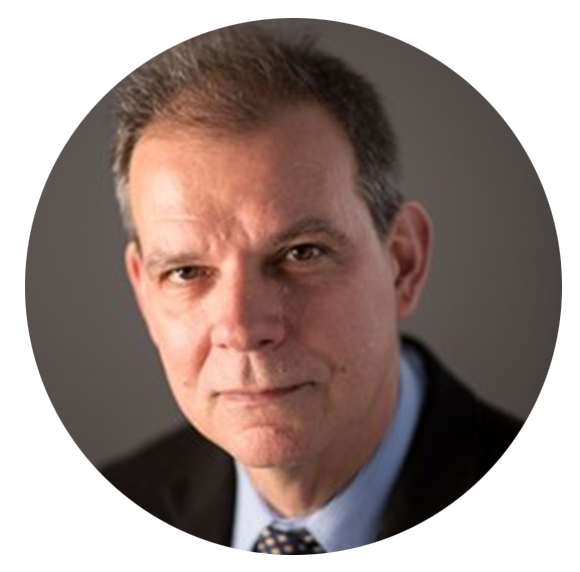
Arturo Casadevall, United States (24 September 2020, 17:00 – 18:00)
Arturo Casadevall is Professor and Chair of the W. Harry Feinstone Department of Molecular Microbiology and Immunology at Johns Hopkins Bloomberg School of Public Health, Baltimore, USA. He also chairs the Board of Governors of the American Academy of Microbiology. He received his MD and PhD degrees from NYU and completed his residency in internal medicine at Bellevue Hospital. His major research interests are in fungal pathogenesis and the mechanisms of antibody action. He is Editor-in-Chief of mBio, Deputy Editor of the Journal of Clinical Investigation and serves on numerous editorial boards. He has served on several NIH committees including the NIAID Strategic Plan, NAS panel that reviewed the FBI investigation on anthrax attacks and the National Science Advisory Board for Biosecurity. He was a Commissioner in the National Commission on Forensic Science and served as President of the Medical Mycology Society of the Americas. Arturo Casadevall received numerous honours including election to American Academy of Microbiology and the National Academy of Medicine.
Access to the audio/video recording
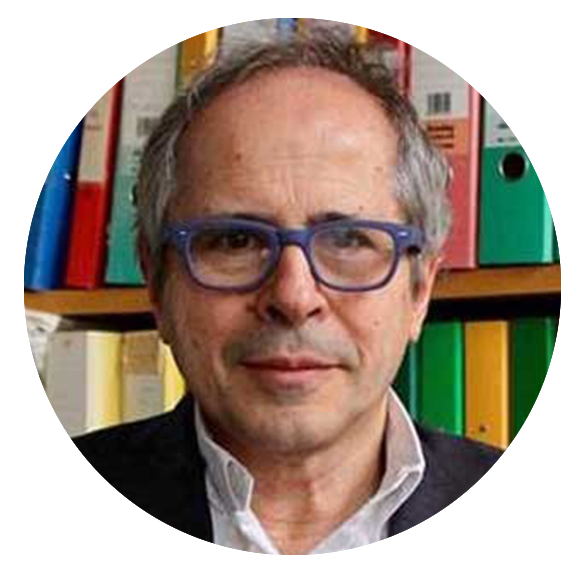
Andrea Crisanti, Italy (24 September 2020, 17:00 – 18:00)
Andrea Crisanti is Director of the Department of Molecular Medicine and of the Laboratory of Virology and Microbiology at the Hospital/University of Padua, Italy. He recently returned to Italy from Imperial College London, where he is Professor of Molecular Parasitology. He has pioneered the molecular biology of the Anopheles gambiae vector and importantly contributed to the research of its malaria parasite. His work is based on a visionary solution aimed to harness genetic elements (homing endonucleases) allowing genetic modifications to impact vector populations, by either interfering with their fertility or make them resistant to malaria parasites. Beyond the impact on malaria research, this gene transfer technology has also important implications in the field of synthetic biology, gene editing and will inform advances e.g. in the control of other vector-borne diseases. Recently he has excelled for the pilot study on the first Covid-19 outbreak of Vo' Euganeo, Italy, and for his involvement in the task force for the emergency management in Veneto.
Access to the audio/video recording
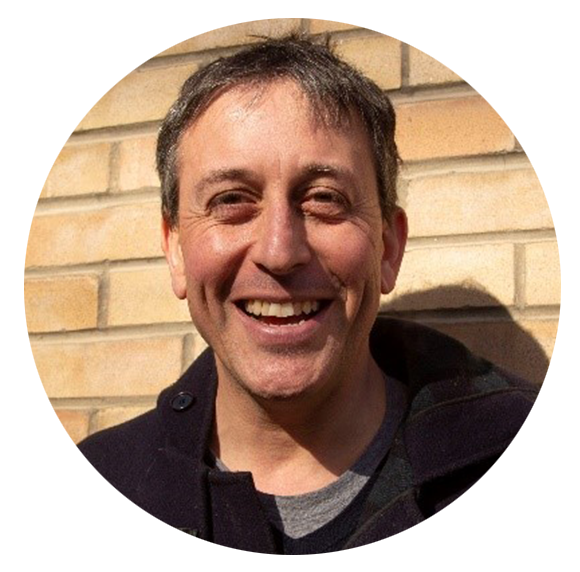
David Fisman, Canada (25 September 2020, 18:30 – 19:30)
David Fisman is a Physician and Infectious Diseases Epidemiologist with research interests that fall at the intersection of Applied Epidemiology, Mathematical Modeling, and Applied Health Economics. In short, he is interested in developing and applying novel methodological tools that allow physicians and public health experts to make the best possible decisions around communicable disease control, using the best available data. In the COVID-19 era, he has worked with governments in Canada, the United States and Korea on COVID-19 control policies and holds COVID-19 related funding for modeling and forecasting from the Canadian Institutes for Health Research.
Access to the audio/video recording
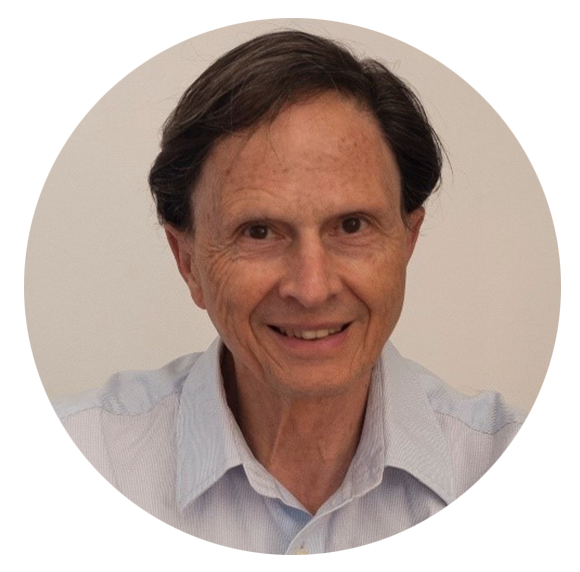
David Heymann, United Kingdom (23 September 2020, 11:00 – 12:00)
David Heymann is Professor of Infectious Disease Epidemiology at LSHTM and Distinguished Fellow of the Centre on Universal Health at Chatham House, London and former Chairman of Public Health England. For 22 years he was based at the World Health Organization (WHO) in Geneva on secondment from the Centers for Disease Control and Prevention (CDC) during which time he held various positions, such as Executive Director of the Communicable Diseases Cluster, a position from which he headed the global response to SARS. He worked in India as a medical epidemiologist in the WHO smallpox eradication programme before spending 13 years in sub-Saharan Africa on assignment where he participated in the response to outbreaks of Ebola hemorrhagic fever, human monkeypox and supported ministries of health in field research to better control malaria, measles, tuberculosis and other infectious diseases. David Heymann is an elected fellow of the Institute of Medicine of the National Academies (US) and the Academy of Medical Sciences (UK), and has received seven different public health awards, including the Heinz Award on the Human Condition. In 2009 he was appointed an honorary Commander of the Most Excellent Order of the British Empire (CBE) for service to global public health.
Access to the audio/video recording
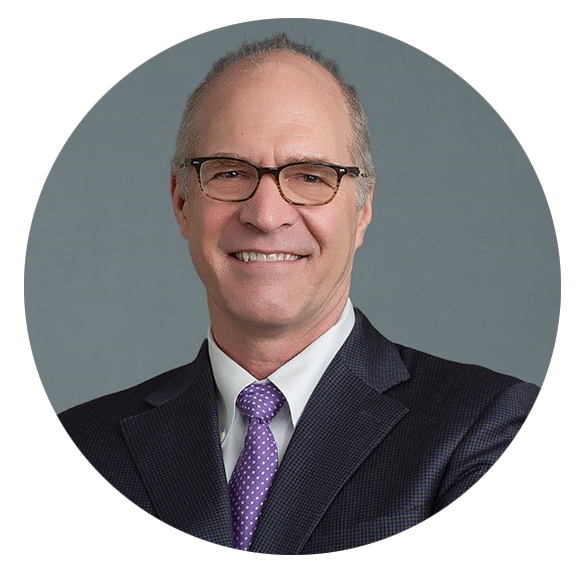
Mark Mulligan, United States (23 September 2020, 17:00 – 18:00)
Mark J. Mulligan, MD, is the director of the Division of Infectious Diseases & Immunology in the Department of Medicine, and director of the NYU Langone Vaccine Center. He joined NYU Langone Health in 2018. He is a translational physician-scientist who leads a research clinic and a research laboratory. He conducts vaccine clinical trials and clinical studies of emerging infections. He has studied HIV, Zika, Ebola, bird flu, 2009 pandemic influenza, and other infections with public health impact. He is now studying the novel coronavirus. He is a graduate of the University of Notre Dame (cum laude, 1980), University of Texas Southwestern Medical School, Dallas (1984). During infectious diseases training (UAB, 1987-90) he did post-doctoral molecular virology training with Dr. Richard Compans, a renowned virologist. Dr Mulligan served as lead investigator for an NIH-funded HIV/AIDS Clinical Trials Unit, conducting AIDS and TB research in Atlanta, Kenya, the Philippines, and Thailand (2006-2018). He also served as the principal investigator for an NIH-funded Vaccine and Treatment Evaluation Unit (VTEU), 2007-18. This was one of nine national units funded by NIH to conduct clinical research on medical countermeasures (such as vaccines, treatments, diagnostics, biomarkers) to combat infectious disease threats to human health.
Access to the audio/video recording
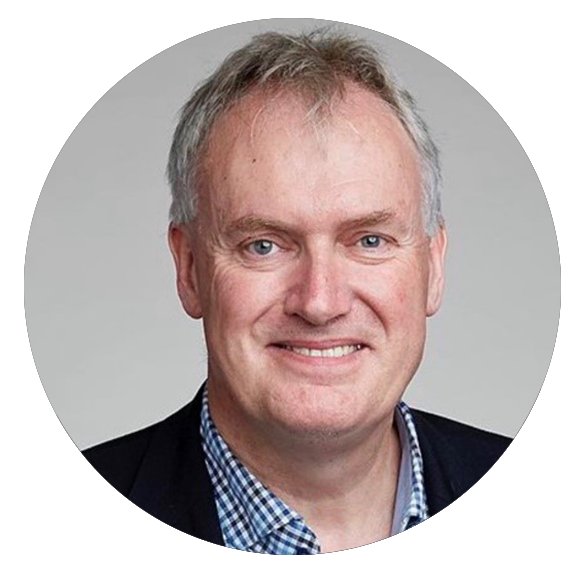
Luke O’Neill, Ireland (25 September 2020, 11:00 – 12:00)
Luke O’Neill is Professor of Biochemistry in the School of Biochemistry and Immunology, Trinity Biomedical Sciences Institute at Trinity College Dublin, Ireland. He is a world expert on innate immunity and inflammation. His main research interests include Toll-like receptors, Inflammasomes and Immunometabolism. He is listed by Thompson Reuters/ Clarivates in the top 1% of immunologists in the world, based on citations per paper. Professor O'Neill is co-founder of Inflazome and Sitryx, which aim to develop new medicines for inflammatory diseases. He was awarded the Royal Dublin Society / Irish Times Boyle Medal for scientific excellence, the Royal Irish Academy Gold Medal for Life Sciences, The Society for Leukocyte Biology (SLB) Dolph O. Adams award, the European Federation of Immunology Societies Medal and in 2018 the Milstein Award of the International Cytokine and Interferon Society. He is a member of the Royal Irish Academy, EMBO (European Molecular Biology Organisation) and a Fellow of the Royal Society.
Access to the audio/video recording
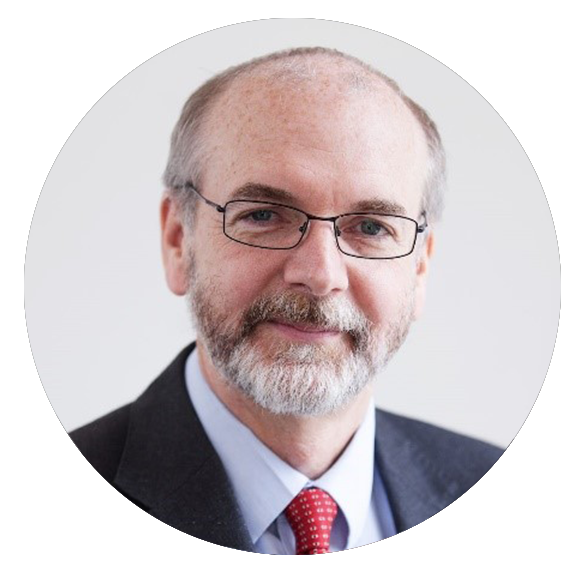
Andrew J. Pollard, UK (25 September 2020, 17:00 – 18:00)
Andrew J Pollard is Professor of Paediatric Infection and Immunity at the University of Oxford, Honorary Consultant Paediatrician at Oxford Children’s Hospital and Vice Master of St Cross College, Oxford. He specialised in paediatric infectious diseases at St Mary’s Hospital, London, UK, studying immunity to Neisseria meningitidis, and at British Columbia Children’s Hospital, Vancouver, Canada, where he worked on anti-bacterial innate immune responses before returning to the University of Oxford in 2001. His research includes the design, development and clinical evaluation of vaccines including those for meningococcal disease and enteric fever and leads studies using a human challenge model of (para)typhoid. He is chair to several scientific groups, such as the UK’s NICE meningitis guidelines development group or the European Medicines Agency scientific advisory group on vaccines. Andrew Pollard is member of WHO’s SAGE and received various awards, the latest being the Rosén von Rosenstein medal in 2019.
Access to the audio/video recording
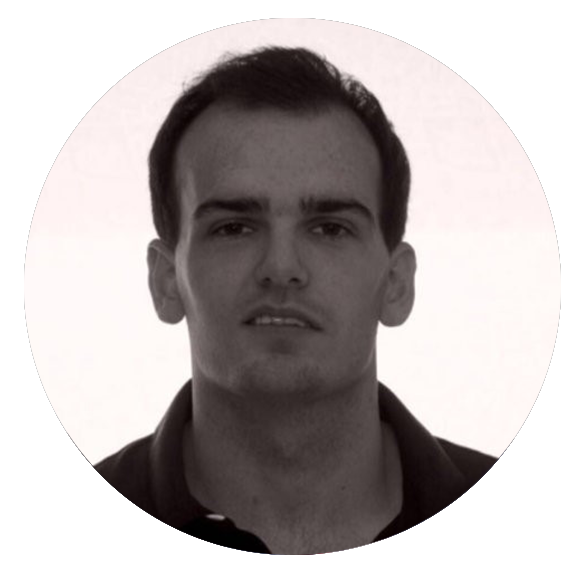
Mark Roe, Ireland (23 September 2020, 17:30 – 18:30)
Mark is a researcher from University College Dublin at the School of Public Health, Physiotherapy, and Sports Science. Mark’s research areas include (1) data analytics for tracking health and performance, and (2) organisational management. His expertise is in the design of surveillance systems and risk management strategies. He is the lead researcher on Ireland’s largest injury and illness database for athletes, and advises national and professional sports organisations. Since COVID-19 emerged, Mark has been an operation lead for contact tracing, overseen epidemiology investigations, and has written articles for the Sunday Independent in Ireland. Mark completed his PhD on injury risk management at UCD, MSc in Sports Rehabilitation at St Mary’s University, Twickenham, and BA in Sports Management and Coaching at Technological University Dublin.
Access to the audio/video recording
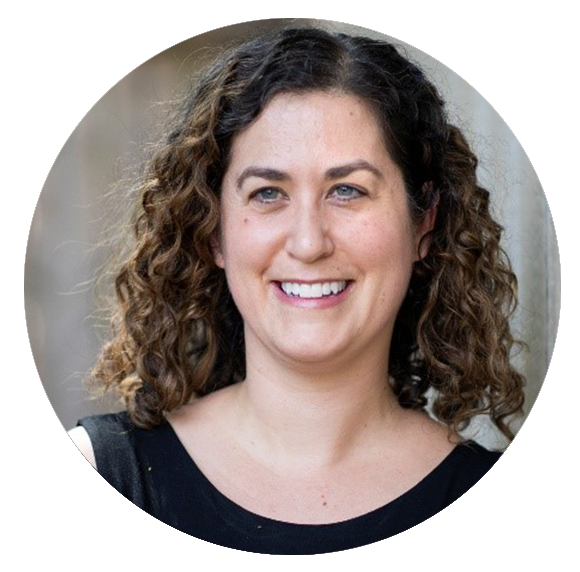
Ashleigh Tuite, Canada (25 September 2020, 17:30 – 18:30)
Ashleigh Tuite is an infectious disease epidemiologist, mathematical modeler, and assistant professor at the University of Toronto's Dalla Lana School of Public Health. Her research focuses on integrating data with mathematical models to study the epidemic spread of communicable diseases and identify optimal intervention and control strategies. She completed her PhD at the University of Toronto and was a Postdoctoral Research Fellow at the Harvard T.H. Chan School of Public Health.
Access to the audio/video recording

Maria Van Kerkhove, Switzerland (2 October 2020, 16:00 – 17:00)
Maria Van Kerkhove is the Technical Lead for COVID-19, the Head of the Emerging Diseases and Zoonoses Unit and the MERS-CoV Technical Lead in the World Health Organization’s Health Emergency Program. Prior to WHO, she was the Head of the Outbreak Investigation Task Force at Institut Pasteur’s Center for Global Health where she was responsible for establishing public health rapid response teams for infectious disease outbreaks. Maria Van Kerkhove was previously employed by Imperial College London in the MRC Center for Outbreak Analysis and Modelling where she worked closely with WHO on influenza, yellow fever, meningitis, MERS-CoV and Ebola Virus Disease. Her main research interests include zoonotic, respiratory and emerging/re-emerging viruses such as avian influenza, MERS-CoV, Ebola, Marburg, plague and Zika. She is particularly interested in investigating factors associated with transmission between animals and humans, the epidemiology of zoonotic pathogens, and ensuring research directly informs public health policies for action.
Access to the audio/video recording
.png)
Maria Zambon, United Kingdom (25 September 2020, 11:30 – 12:30)
Professor Maria Zambon is Head of Influenza and Respiratory Virology and Polio Reference Service within Public Health England (PHE) and Co-Director of the NIHR Respiratory Health Protection Unit with Imperial College London. The competences of PHE includes infectious disease surveillance, specialist reference microbiology & virology, outbreak investigation and response. Maria serves as the UK National Microbiology Focal Point, and is a member of the WHO IHR Emergency committee. Maria’s research group is involved in respiratory virus diagnosis, surveillance and integrated clinical research programmes involving vaccines and antivirals.
Access to the audio/video recording
|